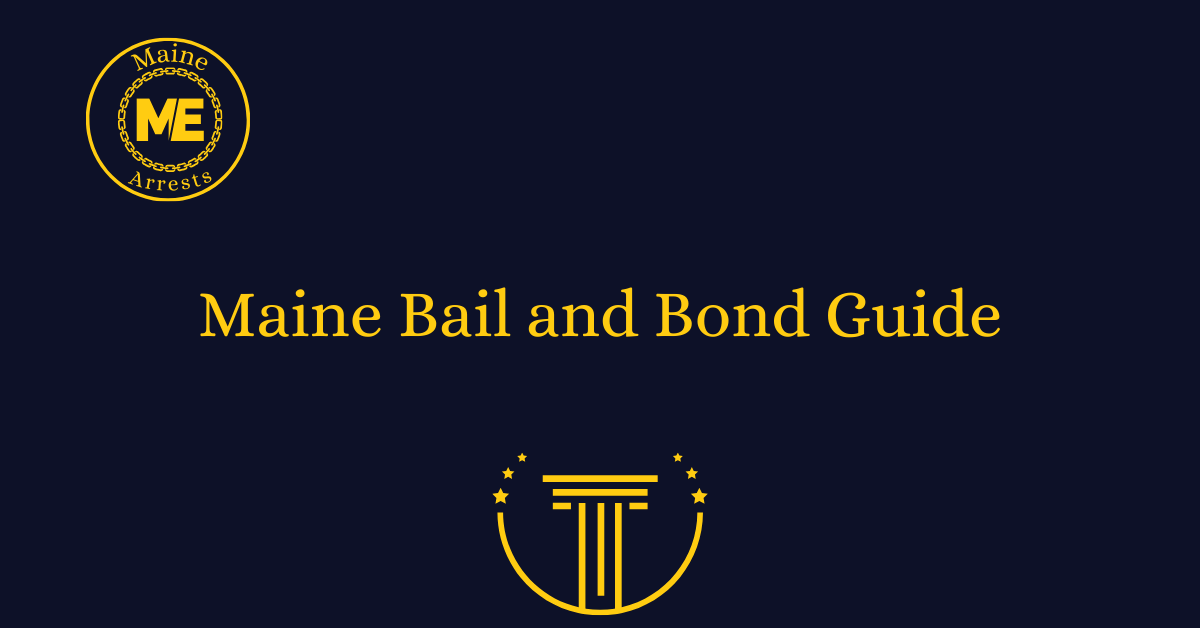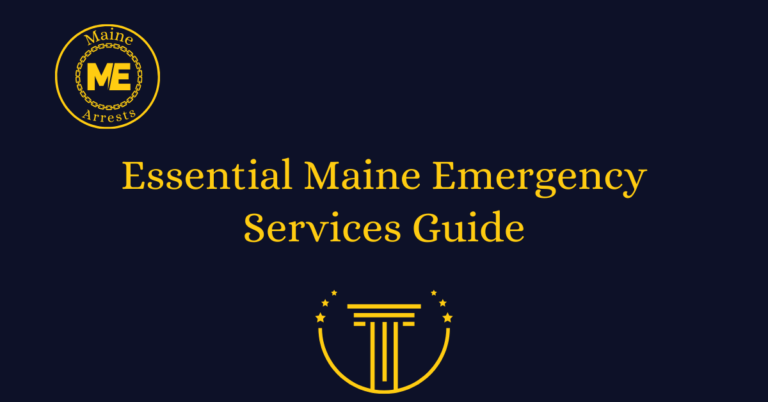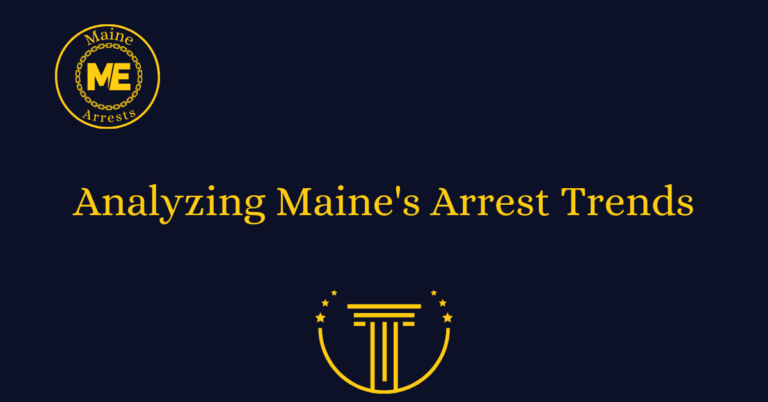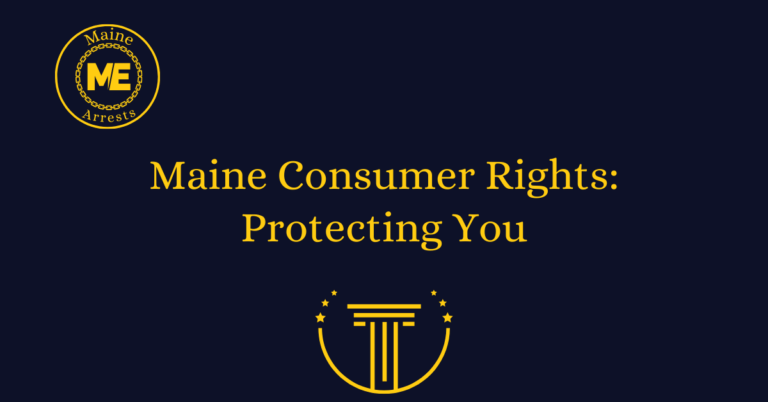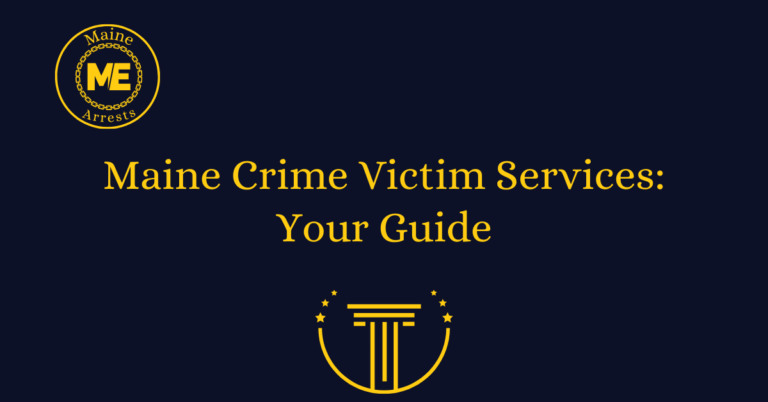Maine Bail and Bond Guide
When individuals are arrested in the state of Maine, they may be faced with the need to post bail or obtain a bond to secure their release from custody. Navigating the legal system can be complex, especially for those unfamiliar with the process. This guide aims to provide a comprehensive overview of bail and bonds in Maine, covering important aspects such as the definition of bail, how bail is set, types of bail bonds available, and what happens if bail is not paid.
Understanding Bail in Maine
Bail is a monetary payment made to the court as a form of security to ensure that a defendant appears for their scheduled court dates. It serves as a guarantee that the defendant will not flee or attempt to evade the legal process. In Maine, bail can be set at various amounts depending on factors such as the severity of the alleged crime, the defendant’s criminal history, and the likelihood of them appearing in court.
How Bail is Set
In Maine, bail is typically set during an arraignment hearing, where the defendant is formally charged with a crime. During this hearing, a judge will consider several factors when determining the amount of bail, including the nature of the offence, the defendant’s ties to the community, their financial resources, and any potential risk to public safety.
Types of Bail Bonds
If a defendant is unable to pay the full amount of the bailout out of pocket, they may seek assistance from a bail bondsman. There are two main types of bail bonds available in Maine:
- Cash Bail Bonds: In this arrangement, the defendant or someone on their behalf pays the full amount of bail directly to the court. If the defendant complies with all court requirements and appears for all scheduled hearings, the bail amount is refunded after the case.
- Surety Bail Bonds: With surety bonds, a bail bondsman or bail agency posts bail on behalf of the defendant in exchange for a non-refundable fee, typically a percentage of the total bail amount. The bondsman assumes responsibility for ensuring the defendant’s appearance in court and may require collateral to secure the bond.
Consequences of Not Paying Bail
Failure to pay bail or comply with bail conditions can have serious consequences for the defendant. If bail is not paid, the defendant may remain in custody until their case is resolved, which could take weeks, months, or even longer. Additionally, a bench warrant may be issued for the defendant’s arrest if they fail to appear in court as required, leading to further legal troubles.
FAQs
What is bail and bond?
Bail and bond are legal terms that refer to the temporary release of a person who has been accused of a crime. It is a way for the accused to secure their freedom until their trial by providing a financial guarantee to the court.
How does bail work in Maine?
In Maine, bail is set by a judge or a bail commissioner. The amount is determined based on various factors, including the severity of the alleged crime, the defendant’s criminal history, and the risk of flight. Once the bail is set, the defendant or their loved ones can pay it to secure their release.
What happens if I can’t afford to pay bail?
If you can’t afford to pay the full amount of bail, you can seek the help of a bail bond agent. They will charge a non-refundable fee, usually a percentage of the bail amount, and provide the court with a bond guaranteeing the defendant’s appearance at trial. The bail bond agent takes on the responsibility of ensuring the defendant’s attendance in court.
Can bail be refunded?
If the defendant appears in court as required and complies with all the conditions of their release, the bail amount can be refunded at the conclusion of the case, regardless of the outcome. However, if the defendant fails to appear in court, the bail is forfeited, and the court keeps the money.
What are the conditions of bail?
The conditions of bail can vary depending on the nature of the alleged crime and the defendant’s criminal history. Common conditions include regular check-ins with a probation officer, travel restrictions, avoiding contact with certain individuals, and refraining from committing any new crimes while on bail.
Can bail be revoked?
Yes, bail can be revoked if the defendant violates the conditions of their release or if new evidence emerges that indicates a flight risk or a danger to the community. In such cases, the court may decide to revoke bail and order the defendant back into custody.
By providing comprehensive information and a responsive layout, our Maine Bail and Bond Guide aims to assist you in understanding the bail process and your rights within the legal system. If you have any further questions, feel free to contact us.

